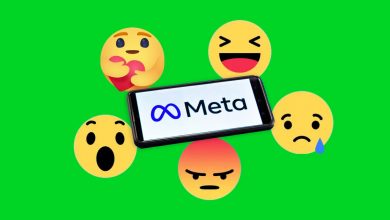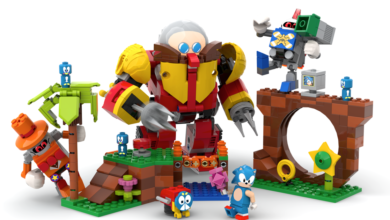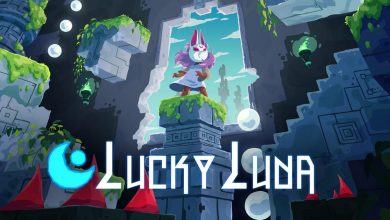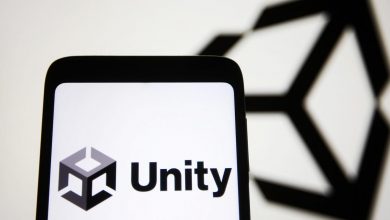E3 2021 brings diversity conversation to the video game industry’s biggest stage
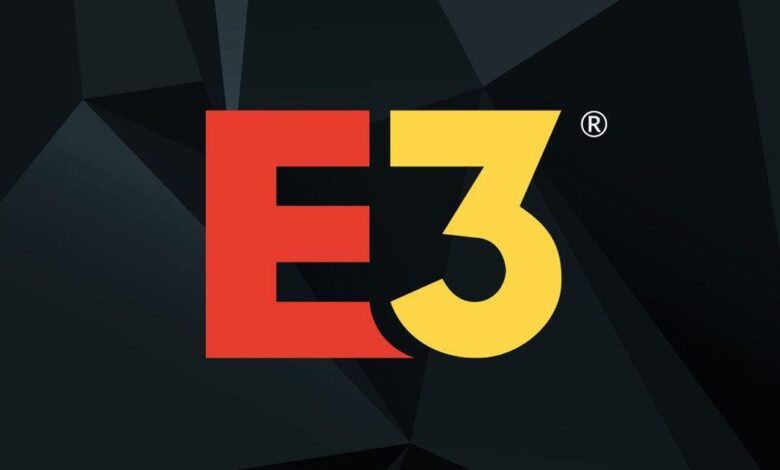
[ad_1]
E3 is typically all about hype for the next big games.
E3
On Saturday, French video game maker Ubisoft showed off its biggest upcoming titles like the co-op shooting game Rainbow Six Extraction and sci-fi movie tie-in Avatar: Frontiers of Pandora. On Sunday, Microsoft discussed its plans for major games like the latest in its space war saga Halo, and its next-generation car racing title Forza Horizon 5.
On Monday, amid all the hype about the newest games planned for the coming year, the Entertainment Software Association’s livestream switched over to a conversation about the video game industry itself. Grand Theft Auto developer Take-Two Interactive put on the panel with participants from Games For Change, Gay Gaming Professionals, Girls Make Games and USC Games to discuss issues around diversity and inclusion.
Much of the conversation focused on how to give more people opportunities to join in game development. Surveys from 2019 found that 71% of respondent developers are male and 81% are white or Caucasian, according to the International Game Developers Association. That puts it roughly in line with tech industry heavyweights who’ve published data from within their companies highlight diversity struggles. Part of the problem, some panelists said, was encouraging people from diverse backgrounds to consider a career in the industry in the first place.
“Nine out of 10 kids play video games — not nine out of 10 boys, nine out of 10 kids,” Laila Shabir, founder of Girls Make Games, said during the panel. “We always think there’s a pie and everyone gets a piece of the pie, but we have to think that the pie isn’t a fixed size — by including more people, the pie gets bigger.”
Make a plan: All the E3 2021 livestreams we’ll be following this year
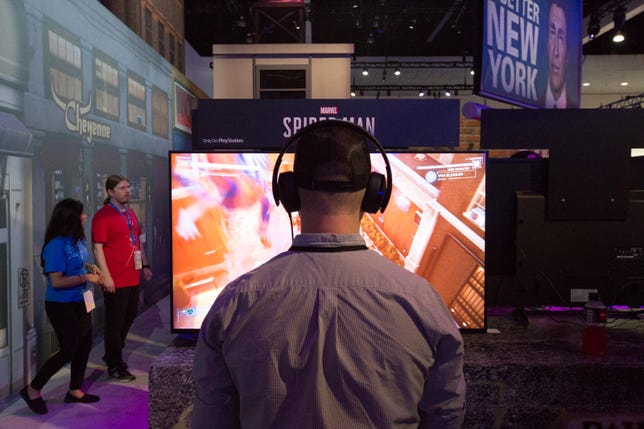
The stereotype of the game-playing loner doesn’t apply.
Josh Miller/CNET
For games in particular though, the question of diversity plays into larger conversations about larger internet culture. The game industry is at the heart of many online communities, particularly YouTube, where people watched 100 billion hours of gaming content across more than 40 million active gaming channels last year. And game companies said their audiences are continuing to grow, particularly during the pandemic, when people used games as forms of entertainment and escape, as well as a social lifeline to friends stuck in quarantine.
Unfortunately, the game industry also been home to some of the internet’s most toxic problems, including harassment campaigns waged against women and minorities. While the industry’s made efforts to confront these issues, companies say they still have a long way to go. Even this year’s entirely online E3 livestreams have struggled with toxic behavior from the community.
All of that is part of why Take-Two and the Entertainment Software Association, which puts on E3, decided the conversation deserved an audience during one of the industry’s biggest events of the year. About halfway through the hourlong stream, at least 64,000 people were watching along live on YouTube, and more than 115,000 were watching on Amazon’s Twitch. Another 200,000 were watching live on Twitter. That’s a large audience for E3, and for a topic that many tech events tend to hold as a side conversation.
Panelists didn’t discuss the industry’s longstanding cultural issues in depth, but they did highlight ways people struggle to find a successful career in games.
Watch everything: All the greatest E3 trailers so far
“People in their uniqueness do a lot of mental, socio-economic and sometimes social gymnastics before they get a chance to participate in this panel or participate in our industry by and large,” said Gordon Bellamy, head of Gay Gaming Professionals and a former head of the IGDA, who said he’s attended every E3 video game industry gathering since it started more than two decades ago. The challenge he told panelists that he continues to see is getting diverse groups of people into positions of leadership, “where we become the batter, not the frosting.” “We’re not even the ones doing the counting,” he added. “We’re still the ones being counted.”
The group also discussed ways to draw in a more diverse group of next generation game developers. Susanna Pollack, the president of Games for Change, said she’s found success when well known game companies get involved, adding their name to a competition and offering up prizes like scholarships. “It makes us cool,” Pollack said. “It really has an impact on young kids’ lives.”
Take-Two said it wanted to hold the panel as part of the primary E3 livestream in part to bring these conversations more to the forefront. “Diversity and inclusion make us a better industry,” said Alan Lewis, Take-Two’s VP of corporate communications and public affairs. “It allows us to make better entertainment experiences that are authentic, culturally relevant and reflective of the audiences that enjoy them.”
[ad_2]
Source link


